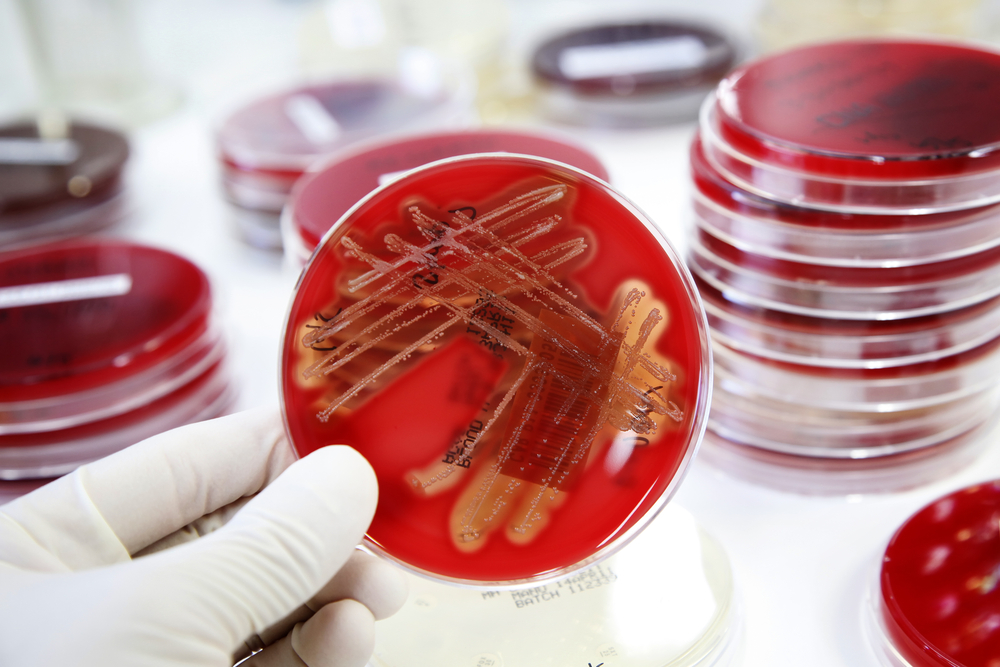Some nine cattle tested positive for the potential use of growth promoters in 2015, but the overall number of animals testing positive for residues was down on 2014 levels, the latest National Residue Control Plan results show.
The nine cattle in question tested positive for the banned substance Thiouracil, which may indicate the potential use of growth promoters covered by the EU Hormone Ban.
However, the Department’s investigations concluded that no illegal administration had taken place.
In 2015, in excess of 19,000 samples were tested, taken across all eight food producing species as well as milk, eggs and honey.
This is comparable with the level of 0.2% detected in 2014, 2013 and 2012 which the Department has said these consistently low levels reflects the responsible approach adopted by the vast majority of farmers.
The extensive testing under the NRCP in 2015 indicated the absence of illegal administration of banned growth promoting hormones and other banned substances to food-producing animals in Ireland.
In addition to official testing carried out by the Department of Agriculture, Food and the Marine and Local Authorities, primary processors in the red and white meat sectors and the milk sector are required to carry out residue testing under legislation put in place in 1998.
Processors are required to submit annual residue monitoring plans to the Department for approval. Under this regime, processors are required to apply a progressively increasing scale of testing to suppliers of residue positive animals or milk.
Overall the small number of non-compliant samples related mainly to residues of authorised medicines, the Department said.
